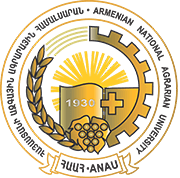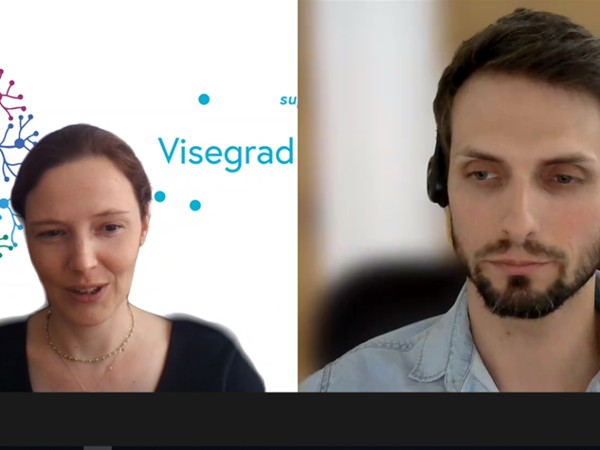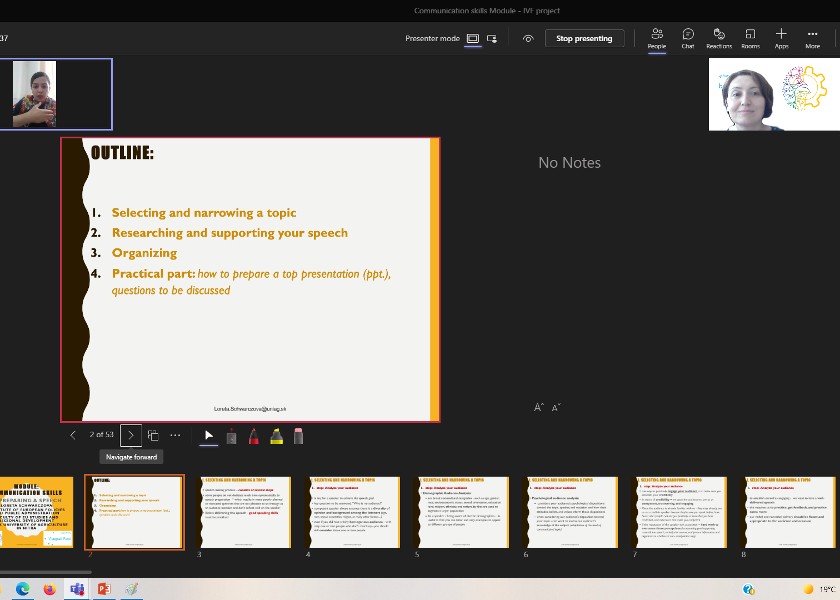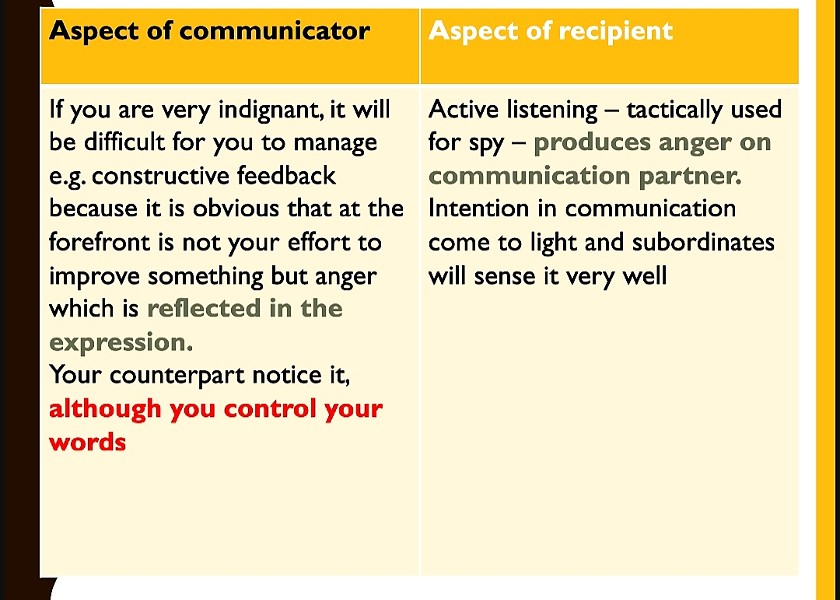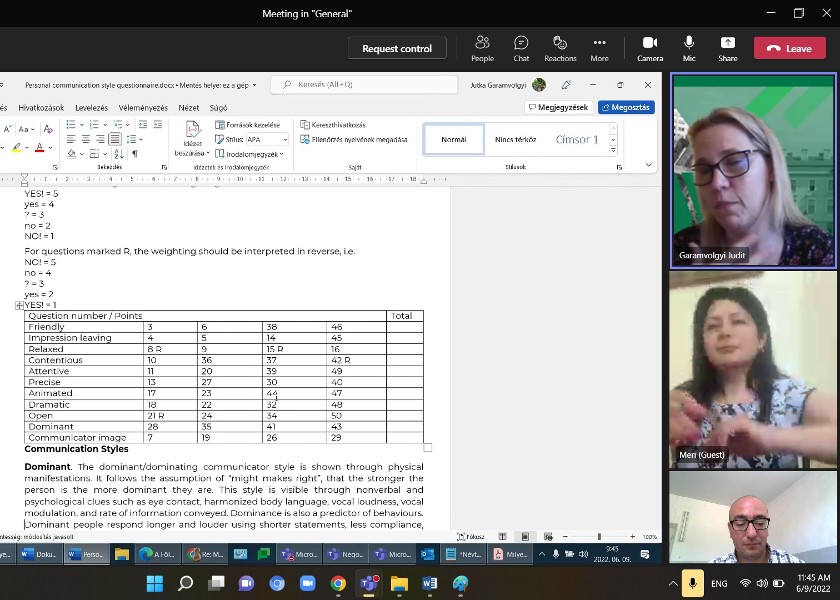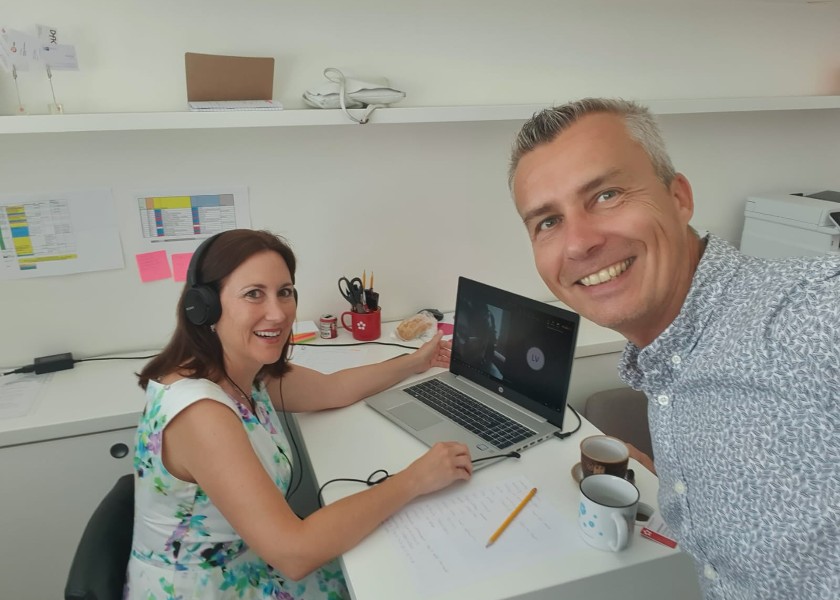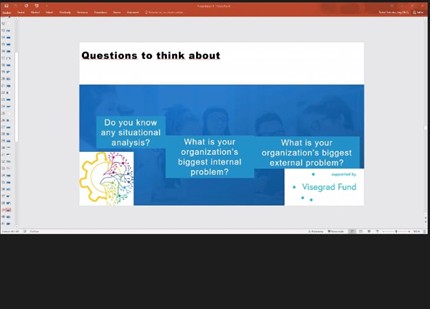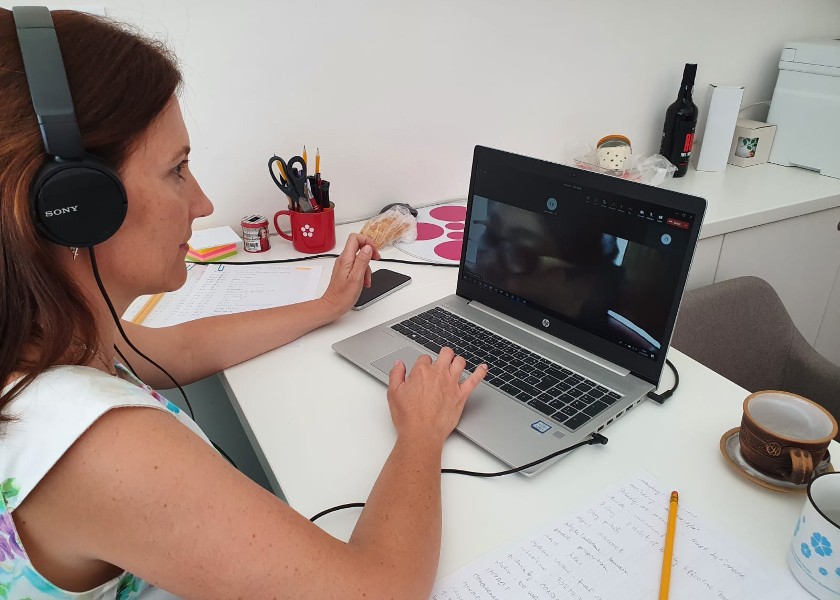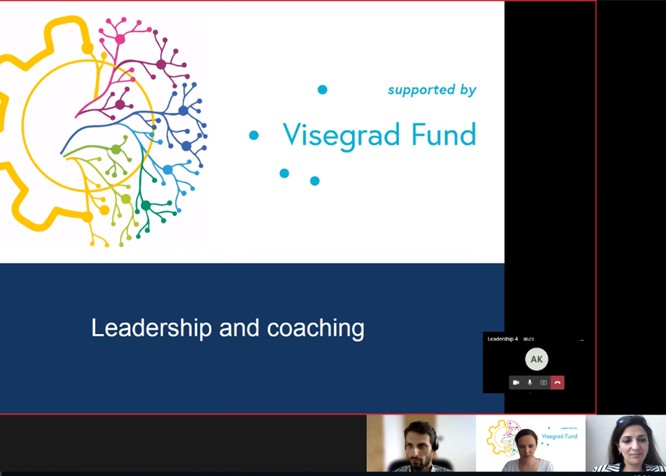The Visegrad+ Fund funded initiative, “Strengthening Soft Skills as employment key tool: Transferring V4 experience” was put into action in May and June 2022. It was the project’s subsequent significant operation. According to the project, 5 employees of ANAU should be trained remotely in 5 soft skills modules.
The trained staff should start creating and developing the educational components of the modules (learning outcomes, module objectives, teaching and learning materials) and, after the completion of the project, they should carry out the relevant modules teaching at the ANAU.
The participants were chosen through a competitive process based on an earlier open call.
The following employees from ANAU participated in the training
- Ani Kirakosyan (Module: Leadership) – Lecturer of the Chair of Agrarian Economics,
- Arusyak Gharibyan (Module: Communication Skills) – Associate Professor of the Chair of Social Sciences,
- Alla Aleksanyan (Module: Teamwork) – International Relations Department, coordinator of grant projects,
- Arman Harutyunyan (Module: Conflict and Time Management) – Associate Professor of the Chair of Agribusiness Management
- Liana Vardanyan (Module: Critical Thinking and Problem Solving) – Head of Career Development and Lifelong Learning Division.
The Hungarian University of Agriculture and Life Sciences’ Professors Ildiko Rudnak and Judith Garamvoldi led the training sessions for the Teamwork, Conflict and Time Management modules. The Communication Skills and Leadership modules were taught by professors Loreta Schwarczova and Monika Bumbalova of the Slovak University of Agriculture in Nitra, and the Critical Thinking and Problem Solving module was taught by Professors Alena Carvasova and Petr Rehor of the University of South Bohemia.
Even though the trainings were performed remotely, the expert trainers kept things lively, conducting it in an interactive way. Along with discussing the selected subjects and content for each module with the participants, they also offered the required literature and other supporting materials, which is crucial in developing the educational components of the modules.
Arman Harutyunyan: “In my opinion, the courses had a significant impact on how I reevaluated my scientific and educational background as well as they helped me realize the potential avenues for my advancement”.
Arusyak Gharibyan: “In addition to a theoretical component, the training included practical activities, during which there was an exchange of experience, and it highlighted the ways in which active study approaches may be localized”.
Alla Aleksanyan: “The newly gained information and skills helped me improve my abilities, particularly as a lecturer and as a team member. As a result of this training my ability to communicate, collaborate, and work in teams has been altered significantly”.
Ani Kirakosyan: “The online courses were engaging and extremely effective under the circumstances of two-way open discussions, as well as cooperative and easiest-to-understand environment. Moreover, I was provided with the available experience and materials”․
Liana Vardanyan: “Using critical thinking does not entail being pessimistic or fօcusing on shortcomings. It means organizing one’s thoughts to solve the problem, then interpreting those thoughts to make an informed conclusion or judgment (such as responding to feedback)”.
